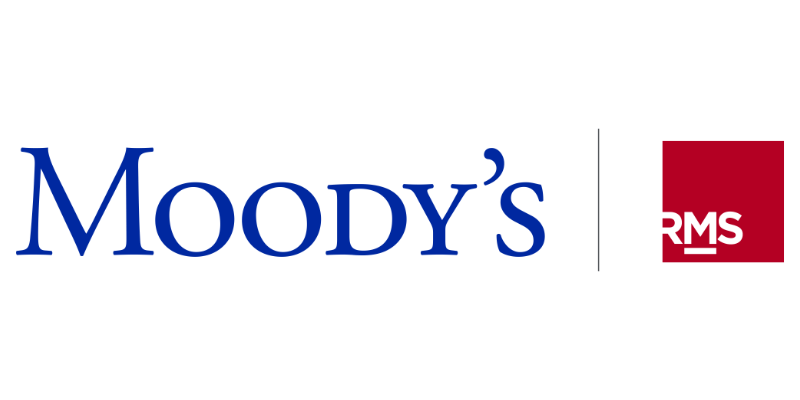Japan earthquake insured losses estimated US $3bn – $6bn by Moody’s RMS

Moody’s RMS has estimated the insurance market loss from the January 1st M7.5 earthquake that hit near the Noto peninsula in Ishikawa prefecture, Japan, at between US $3 billion and $6 billion.
At the mid-point, the estimate comes in on the lower-side of those received so far, but it is notably above the estimate from Verisk, which was for an insurance industry loss of between US $1.8 billion and $3.3 billion.
The first estimate to be released was from modelling firm Karen Clark & Company (KCC), which put the insured losses from the quake at an estimated $6.4 billion.
Then, the next to issue an insurance market loss estimate for the Japanese earthquake was CoreLogic, which said it is likely to be below $5 billion.
Then, Verisk’s Extreme Event Solutions business unit put the insurance industry loss at between JPY 260 billion (US $1.8 billion) and JPY 480 billion (US $3.3 billion).
Now, Moody’s RMS has estimated it to be between JPY ¥ 435 Billion to ¥ 870 Billion (US$3 Billion to US$6 Billion).
So, intriguingly, the lowest-end of RMS’ estimate is almost at the top-end of Verisk’s, once again demonstrating the delta between catastrophe risk model outputs, but also importantly the delta in what gets included in one estimate of insurance market losses and another.
Moody’s RMS said that its industry loss estimate includes insured losses from property damage, contents, and business interruption across residential, commercial, and industrial lines and includes both private and mutual (Kyosai) markets.
Verisk’s estimate did not include business interruption losses, which is likely a reasonably significant component of Moody’s RMS’.
It’s also not clear if Verisk’s estimate covered the Kyosai insurance market entities in Japan.
Moody’s RMS also said, “The estimate includes losses from strong ground shaking, earthquake-induced fires, tsunami inundation, land sliding, and liquefaction-induced ground deformation, and also considers sources of post-event loss amplification (PLA), and inflationary trends. It does not include losses to non-modeled exposures such as transport and utility infrastructure, government, or automobile lines.”
The risk modeller also noted that Japan’s Fire and Disaster Management Agency (FDMA) said that as of January 11th, over 3,500 properties are reported as damaged.
Moody’s RMS said this number is expected to rise significantly as damage assessments continue, particularly in the worst affected areas on the Noto Peninsula.
Chesley Williams, Senior Director, Moody’s RMS, commented, “This event highlights the importance of evaluating shallow crustal earthquakes within a comprehensive view of seismic risk – in Japan and around the world. While the seismic risk in Japan is driven by subduction zone events, there have been several damaging shallow crustal events in recent decades including the 1995 Great Hanshin Earthquake, the 2016 Kumamoto Earthquakes, and now the 2024 Noto Peninsula Earthquake.”
As we’d reported, catastrophe bond investment manager Plenum Investments said it did not expect any impact to positions in its portfolio, but cautioned there could be aggregate erosion from the earthquake.
While cat bond and insurance-linked securities (ILS) manager Twelve Capital said it does not anticipate any direct losses due to the major earthquake in Japan to any positions it holds.
Also read:
– Verisk puts Japan M7.5 Ishikawa earthquake insured loss below $3.3bn.
– Japan earthquake insured loss likely below $5bn: CoreLogic.
– Japan M7.5 earthquake insured loss to reach $6.4 billion: KCC.
– Japan quake could fuel April 1 rate increases if excess layer reinsurance hit: AM Best.
– Direct losses from Japan quake unlikely, but damage widespread: Twelve Capital.
– No immediate cat bond impact expected from Japan earthquake: Plenum.
– Japan hit by magnitude 7.6 earthquake, structural damage and tsunami reported.






